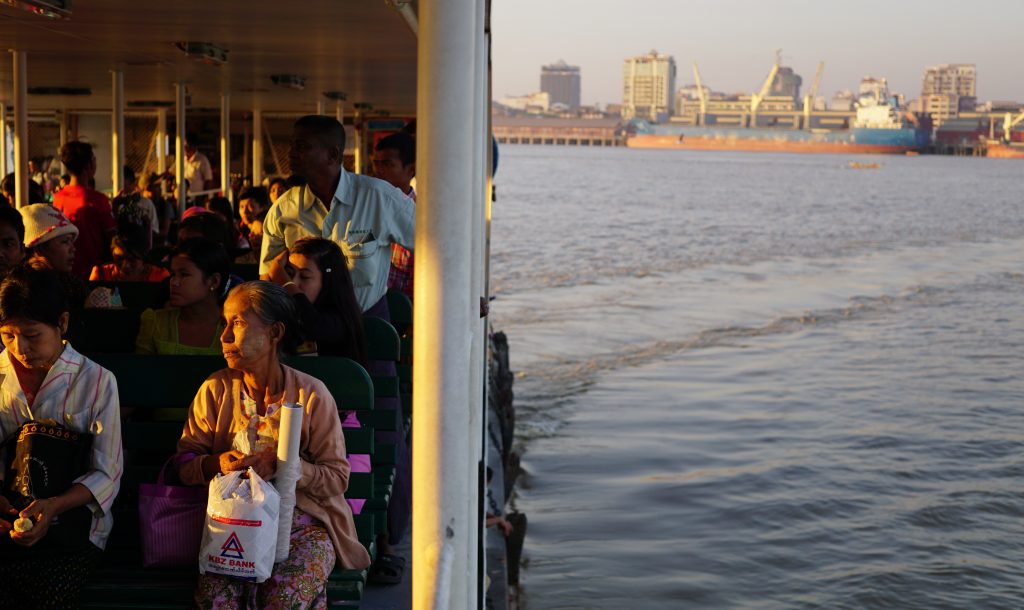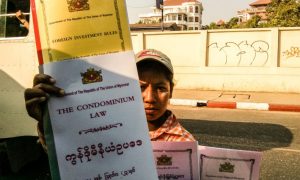The triumph of Aung San Suu Kyi’s National League for Democracy (NLD) at the 2015 election was supposed to mark the consolidation of a reformist trajectory for Myanmar society. What has followed has not proved so straightforward.
The fractures at the heart of Myanmar’s political system have become tragically clear since the heady optimism of late 2015 and early 2016. The NLD government has announced various policy initiatives aimed at achieving sustainable and inclusive development. Yet conflict persists, issues of citizenship and belonging remain vexed and the everyday struggles faced by many people continue.
Meanwhile Myanmar’s restive borderlands have been the site of brutal military campaigns which have displaced more than a million Rohingya, Kachin, Rakhine, Shan and Karen civilians internally and across borders. Though resilient within Myanmar, the perception of Aung San Suu Kyi as an icon of moral struggle is now tarnished internationally following her government’s response to these crises, especially in Rakhine State.
A recently released book volume, Myanmar Transformed? People, Places and Politics, published by the ISEAS–Yusof Ishak Institute in Singapore, grapples with the contradictions and possibilities at the core of Myanmar’s current political moment. The chapters are drawn from the 2017 Myanmar Update held in Canberra at Australian National University, which took as its theme “Transformations”. The chapter authors examine issues at the core of Myanmar’s societal fractures including civil-military relations, natural resources and conflict, the securitisation of the Rohingya and the possibilities for progressive government action to foster a more vibrant and peaceful democracy.
The book was launched at lively panel discussions in Singapore and Yangon in November 2018, held with the support of ISEAS, ANU College of Asia and the Pacific and the International Development Research Centre (IDRC) in Myanmar.
The free Introduction to the volume is now available in English and, thanks to the support of IDRC, in Burmese language also. The Introduction surveys the current political moment in Myanmar and assess the possibilities for reform in the context of the current arrangement of partial civilian rule.
The 2019 Myanmar Update, to be held at the ANU in Canberra on 15th and 16th March, builds on the issues explored in the volume and prior Update conferences. Focusing of the theme “Living with Myanmar”, more than 30 scholars from Myanmar and around the globe will examine how people navigate the institutions, ideals that continue to shape every day existence after sixty years of military rule. All members of the public, including students interested in studying Myanmar, are encouraged to attend. To see the full programme for the conference and to register your attendance please see the conference website here.
 Facebook
Facebook  Twitter
Twitter  Soundcloud
Soundcloud  Youtube
Youtube  Rss
Rss 


